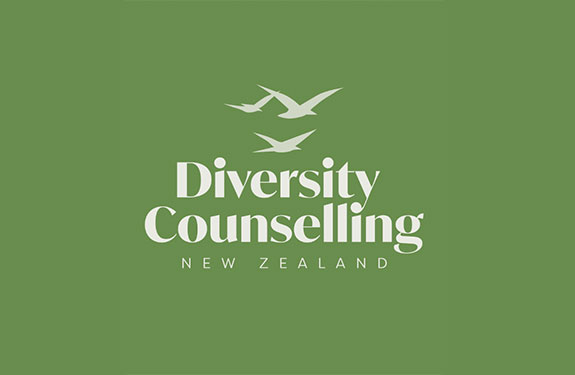Something Useful | Culturally Respectful Guidelines for Working with Ethnic Communities
Most practitioners share the view that providing culturally safe and appropriate services is paramount to their practices. However, we often struggle with knowing what is entailed in such practices. Diversity Counselling New Zealand has recently launched the guidelines on how to work with ethnic communities more effectively in counselling. The knowledge may be transferable to other practices.
Diversity Counselling New Zealand (DCNZ), a charitable trust, was established in 2013 with a passion to enhance mental wellbeing among ethnic communities in Aotearoa New Zealand. Comprising of registered counsellors and clinical psychologists, DCNZ provides culturally responsive counselling services in over 20 languages (English included) to people of migrant and refugee background. Interpreters are used for all languages where a therapist in their native language is not available.
DCNZ has a growing number of programmes such as ‘Breathing Space’, a school-based programme for children 12 to 18 years old from ethnic communities; ‘Ethnic Men’s Wellbeing’, a 6-week programme designed for ethnic men; and the ‘Parenting Programme’ supporting parents from ethnic communities learn positive strategies to create a nurturing home environment. A range of mental health resources and tools are also available in several different languages for ethnic community members to access on the website https://www.diversitycounselling.org.nz/
‘Culturally Respectful Guidelines for Working with Ethnic Communities’ launched on the 20th of August in Hamilton is an initiative led by Vanisiri Mills (Director, DCNZ) in response to the recognised need for enhancing culturally relevant and respectful counselling practices for people of refugee and migrant background. The project was made possible through the collaboration with Massey University and funding from J.R. McKenzie Trust and Len Reynolds Trust. The project engaged both practitioners and tāngata whaiora (people seeking mental health support) from ethnic communities, resulting in six core principles that serve as the foundation for the guidelines. DCNZ will continue to develop these guidelines as a living document with ongoing community input.
To access the guidelines, please visit Culturally Respectful Guidelines.
